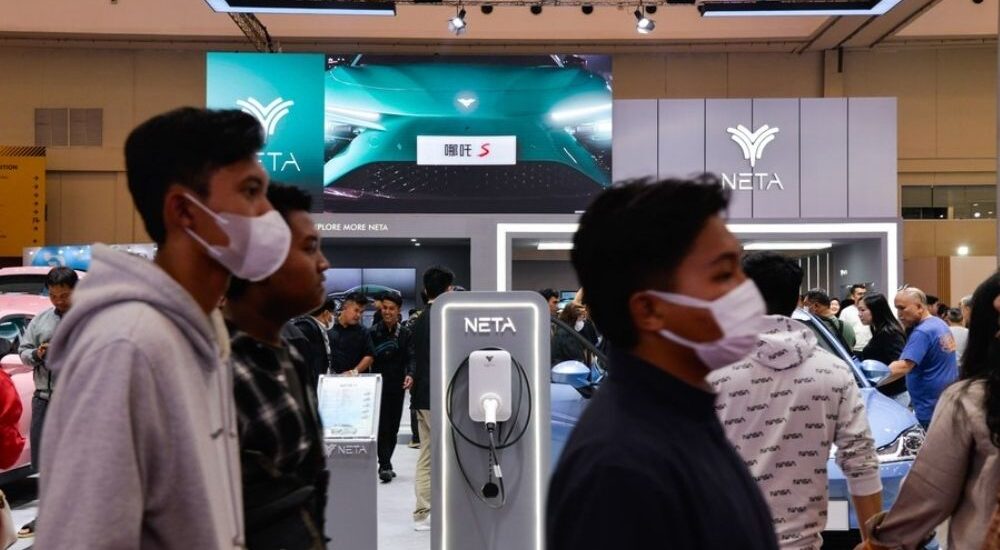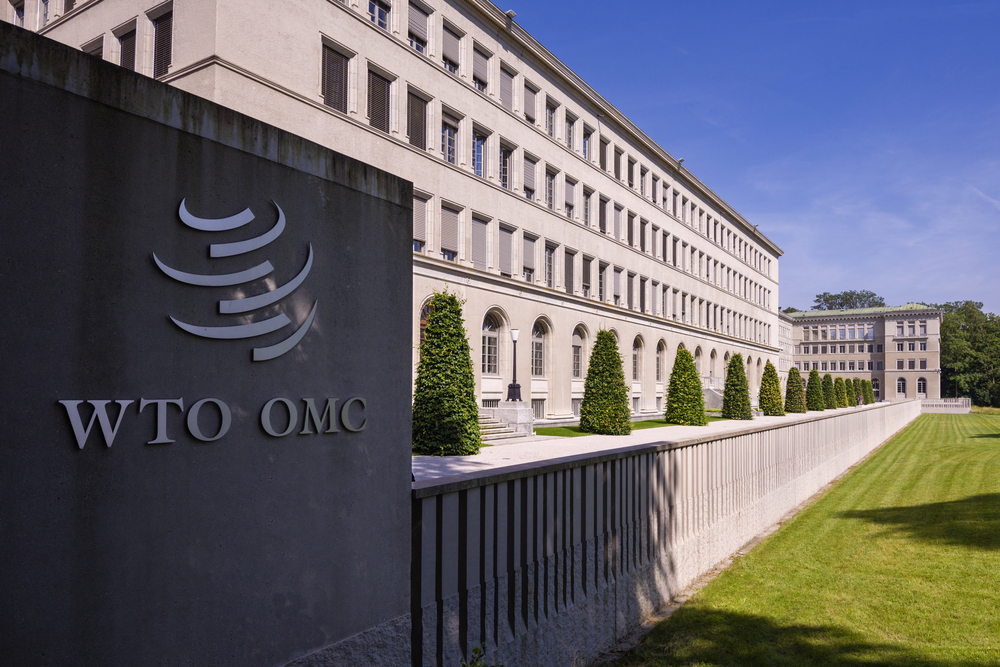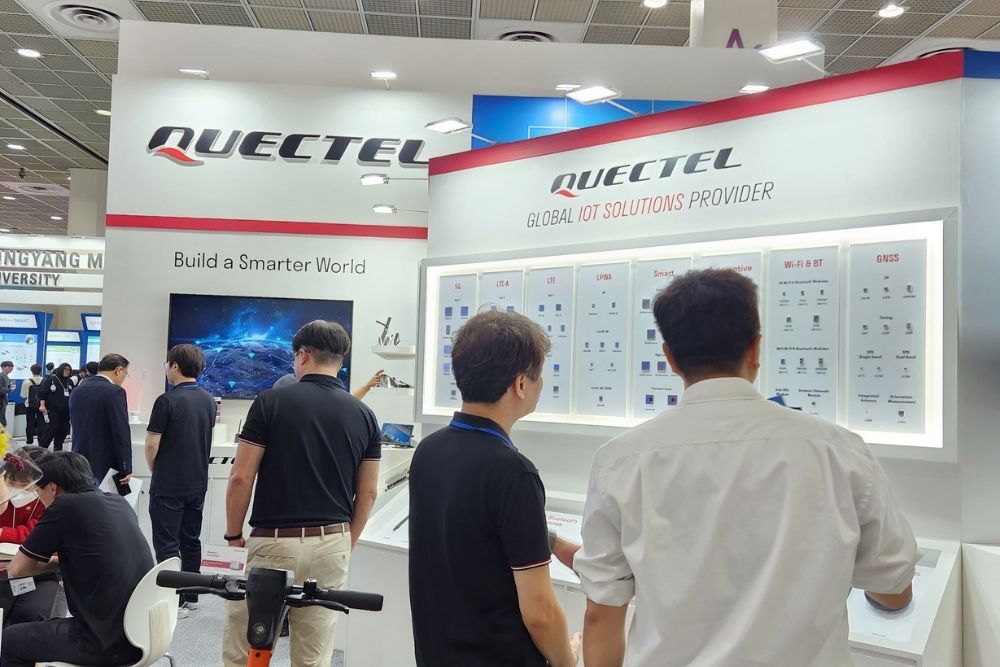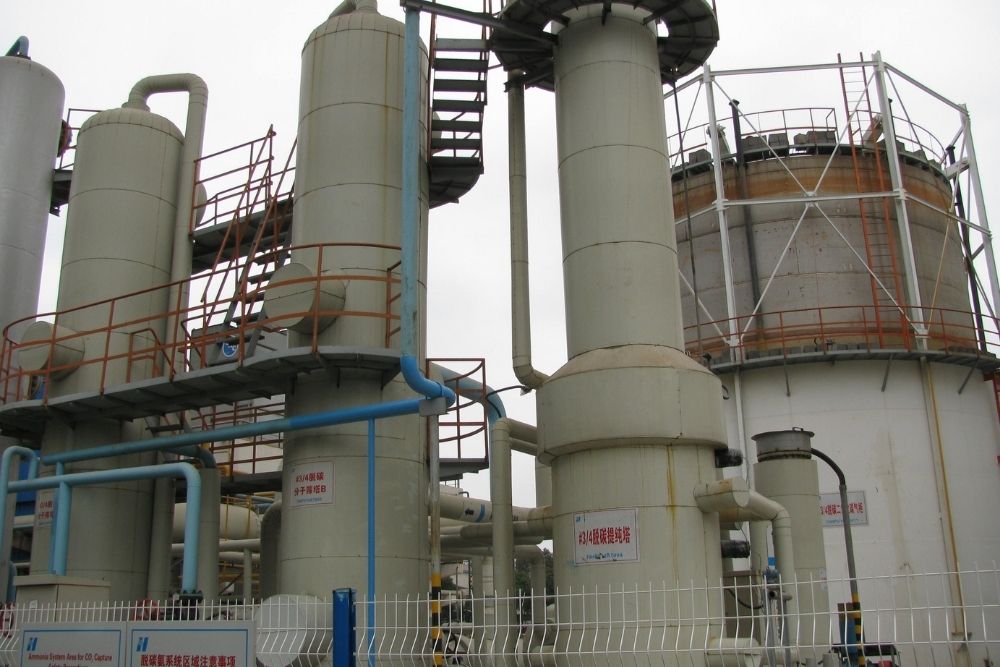Indonesians still not sold on EVs despite government push
- August 21, 2023
- Posted by: Quatro Strategies
- Categories: Asia Pacific, EVs & Battery Technology

Indonesia is making ambitious plans to boost the production and sales of electric vehicles (EVs) in its auto market, but potential buyers remain cautious due to several factors. While the government has taken steps to encourage EV adoption, including slashing the value-added tax on EVs to 1%, visitors to the Jakarta auto show expressed concerns about the price premium of EVs, the availability of charging stations, and doubts about new brands entering the market.
Although Indonesia is competing with countries like Thailand and India to develop a competitive EV industry as an alternative to China, which is the largest global producer of EVs, the adoption of EVs in the country remains low, accounting for less than 1% of cars on the road.
Visitors at the auto show voiced their desire for more affordable EV options, with some suggesting that prices should be around 60% cheaper to make them more appealing. The price differential between EVs and gasoline-powered cars was a significant concern for potential buyers. While the Indonesian government’s incentives have brought down the starting price of some EV models, visitors were looking for even lower prices, potentially around $10,000 to $13,000.
Despite the government’s efforts, consumer confidence in EVs remains an issue. Some visitors expressed a preference for established brands like Toyota, Daihatsu, and Honda, which together dominate two-thirds of the auto sales in Indonesia. They indicated that they would be more interested in EVs from these brands. Toyota, however, has not yet announced plans to produce EVs in Indonesia.
To encourage further investment and development in the EV sector, Indonesia’s industry ministry announced that it would extend production incentives for automakers by two more years. This move was followed by investment commitments from Chinese EV brand Neta and Japanese automaker Mitsubishi Motors. Indonesia has set a target of producing around 600,000 EVs by 2030, a significant increase from the relatively small number sold in the country in the first half of 2023.
Despite these challenges, the Indonesian government remains optimistic that initiatives like the Jakarta auto show will help drive EV sales and accelerate the adoption of electric vehicles in the country. However, it’s clear that addressing concerns about affordability, charging infrastructure, and brand confidence will be critical in achieving the country’s EV adoption goals.
Interested in learning more?
Sign up for Top Insights Today

Top Insights Today delivers the latest insights straight to your inbox.
You will get daily industry insights on
Oil & Gas, Rare Earths & Commodities, Mining & Metals, EVs & Battery Technology, ESG & Renewable Energy, AI & Semiconductors, Aerospace & Defense, Sanctions & Regulation, Business & Politics.


